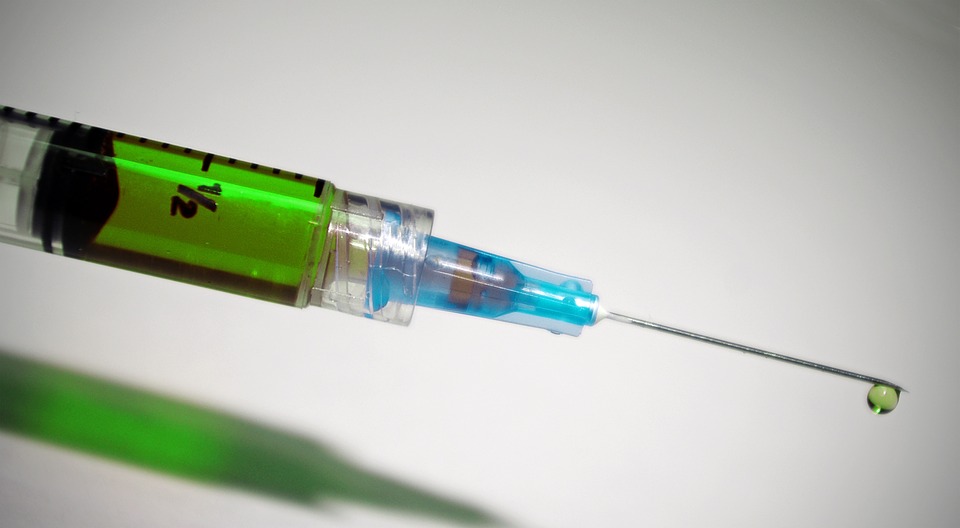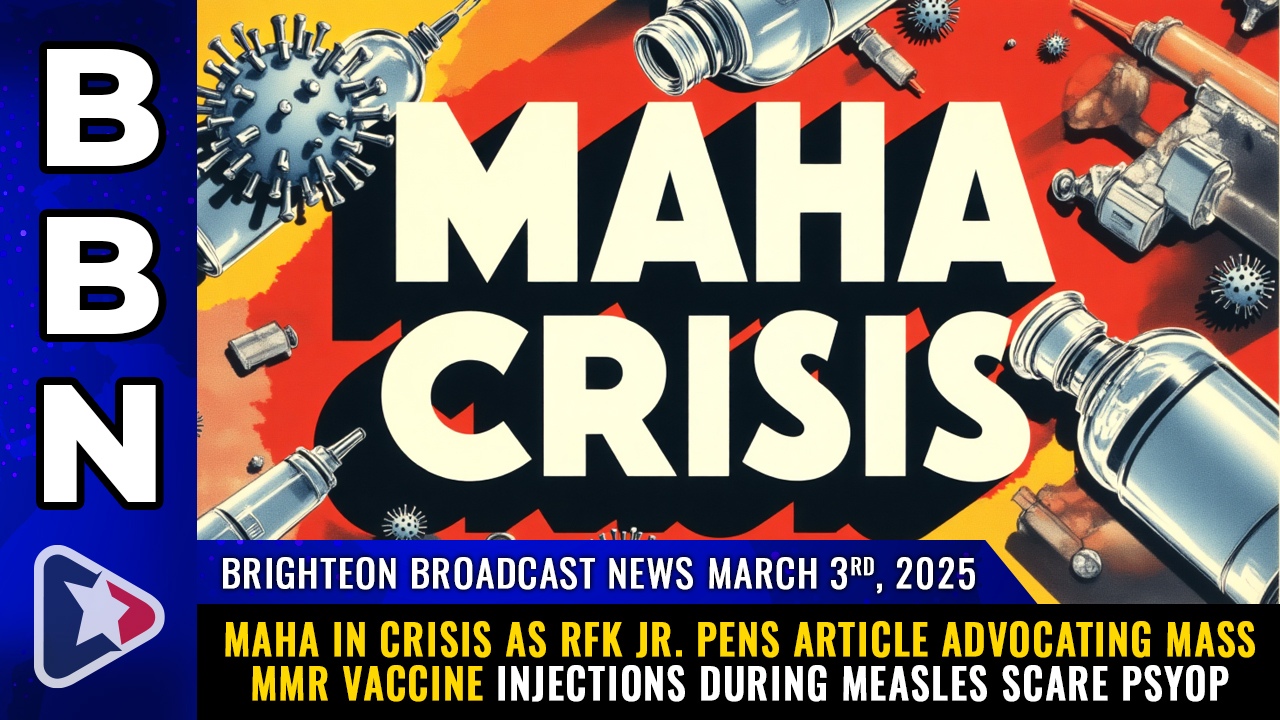 Parler
Parler Gab
Gab
- A Yale University study has identified a previously unrecognized condition called PVS, validating the experiences of Americans who suffered debilitating side effects after receiving Covid-19 vaccinations.
- Patients with PVS exhibit symptoms such as brain fog, dizziness, tinnitus and extreme fatigue, along with biological changes like the reactivation of the Epstein-Barr virus in their immune systems.
- The study highlights the importance of rigorous post-market surveillance for vaccines, drawing parallels to past vaccine controversies such as the swine flu vaccine and the rotavirus vaccine.
- The article features personal stories from individuals who developed severe side effects after receiving the Covid-19 vaccine, emphasizing the need for better care and transparency.
- The Yale study calls for more scientific research, transparency and a nuanced approach to public health messaging, aiming to rebuild trust in public health institutions and ensure better care for those affected by PVS.
The study that broke the silence
The Yale study, published in February 2025, identified a constellation of symptoms in patients who developed PVS, including brain fog, dizziness, tinnitus and extreme fatigue. These patients also exhibited biological changes in their immune systems, such as reactivation of the Epstein-Barr virus (EBV), a dormant virus linked to conditions like mononucleosis and multiple sclerosis. Dr. Iwasaki, who heads Yale’s Center for Infection & Immunity, emphasized that the findings are preliminary but significant. “For patients who are suffering from post-vaccination syndrome, we want them to know that we see you, we listen, and we will keep on doing more research in this area so that this condition can be recognized, and better medical care can be provided,” she told DailyMail.com. The study’s implications are profound. For years, public health institutions and media outlets dismissed vaccine injury claims as fringe conspiracy theories. Yet, the Yale team’s rigorous work has exposed a glaring gap in the narrative: the possibility that the vaccines, while lifesaving for many, may have caused unintended harm to others.Voices of the victims
Among those who found validation in the study is Kari Ponce de Leon, a 43-year-old mother from Montana. After receiving the Pfizer vaccine in February 2021, she developed life-threatening blood disorders, including a condition that caused her immune system to attack her platelets. “I thought that I was doing the right thing,” Ponce de Leon told DailyMail.com. “I’ve never had a problem before. I’ve had all the vaccines that I can. My kids are vaccinated. I believe in vaccines.” But her experience with the Covid vaccine left her disillusioned. “It’s just very frustrating with this one because I did what I thought I was supposed to do. I thought I was doing the right thing, and then the government just hangs you out to dry. It’s like gaslighting. It’s demoralizing. It makes me sad that I can’t really trust the public health institutions anymore.” Dr. Trevor Keyler, a biology professor in Minnesota, also shared his story. An avid mountain biker, Keyler developed cataracts and tremors after receiving the Moderna vaccine. “I’m not anti-vaccine,” he said, “but I’m cautious now. I plan to get my children most vaccines, but I’m hesitant about the Covid shots.”A historical context of vaccine controversies
The Yale study is not the first time vaccines have been linked to rare but serious side effects. In the 1970s, the swine flu vaccine was associated with Guillain-Barré syndrome, a neurological disorder. In the 1990s, the first rotavirus vaccine was withdrawn after being linked to intussusception, a life-threatening bowel condition. These historical precedents underscore the importance of rigorous post-market surveillance for vaccines. Yet, during the Covid-19 pandemic, the urgency to vaccinate the global population led to a lack of transparency and accountability. Vaccine mandates were implemented without sufficient consideration for individual risk factors, and dissenting voices were silenced. The Yale study is a step toward rectifying these failures. By acknowledging the existence of PVS, Dr. Iwasaki and her team have opened the door for further research and, hopefully, better care for those affected.The road ahead: Transparency and trust
The CDC continues to recommend Covid vaccines, particularly for vulnerable populations, perpetuating the unproven idea that they have saved millions of lives. However, the Yale study highlights the need for a more nuanced approach to public health messaging. “I believe that rigorous scientific research will lead to better diagnosis, treatment and prevention of PVS,” Dr. Iwasaki said. “Such research will also lead to better transparency and safer vaccines.” For the thousands of Americans who have suffered in silence, this study is a long-overdue acknowledgment of their pain. It is also a reminder that science must remain free from political and corporate influence. Only by listening to patients, investigating their claims and prioritizing transparency can we rebuild trust in public health institutions. As Kari Ponce de Leon poignantly put it, “I thought I was doing the right thing.” For her and countless others, the Yale study is a first step toward justice —and a call to ensure that no one is left behind in the pursuit of public health. Sources include: DailyMail.com NYTimes.com StatNews.comItalian PM Meloni slams France’s Macron for pitching idea of sending troops to Ukraine
By Ramon Tomey // Share
Ginger helps relieve inflammation caused by rheumatoid arthritis
By News Editors // Share
Conflicts of interest in climate science: A systemic blind spot
By News Editors // Share
Mike Adams calls for RFK Jr. to disavow pro-vaccine article amid MAHA movement crisis
By Finn Heartley // Share
Governments continue to obscure COVID-19 vaccine data amid rising concerns over excess deaths
By patricklewis // Share
Tech giant Microsoft backs EXTINCTION with its support of carbon capture programs
By ramontomeydw // Share
Germany to resume arms exports to Israel despite repeated ceasefire violations
By isabelle // Share










